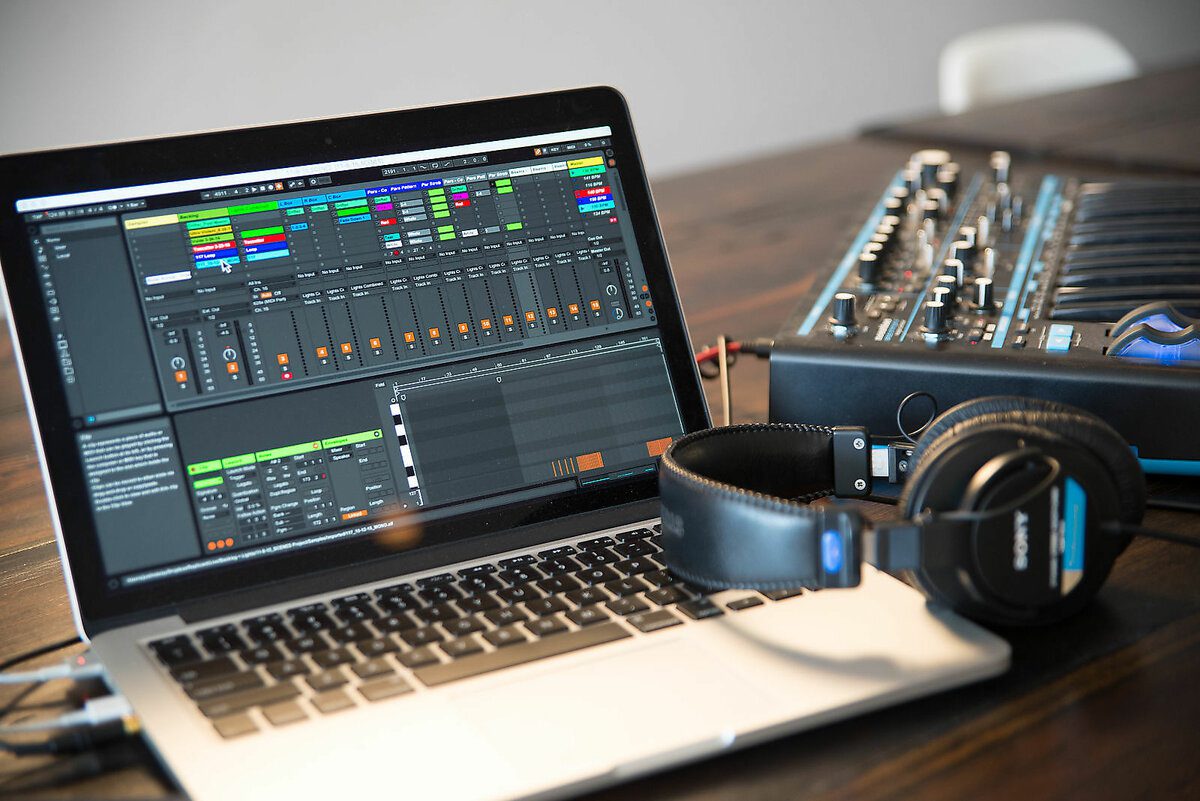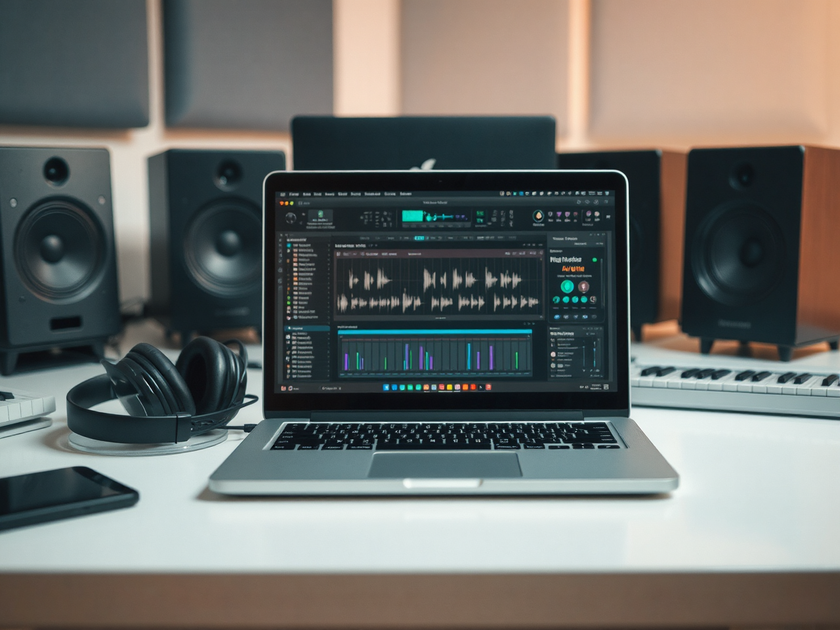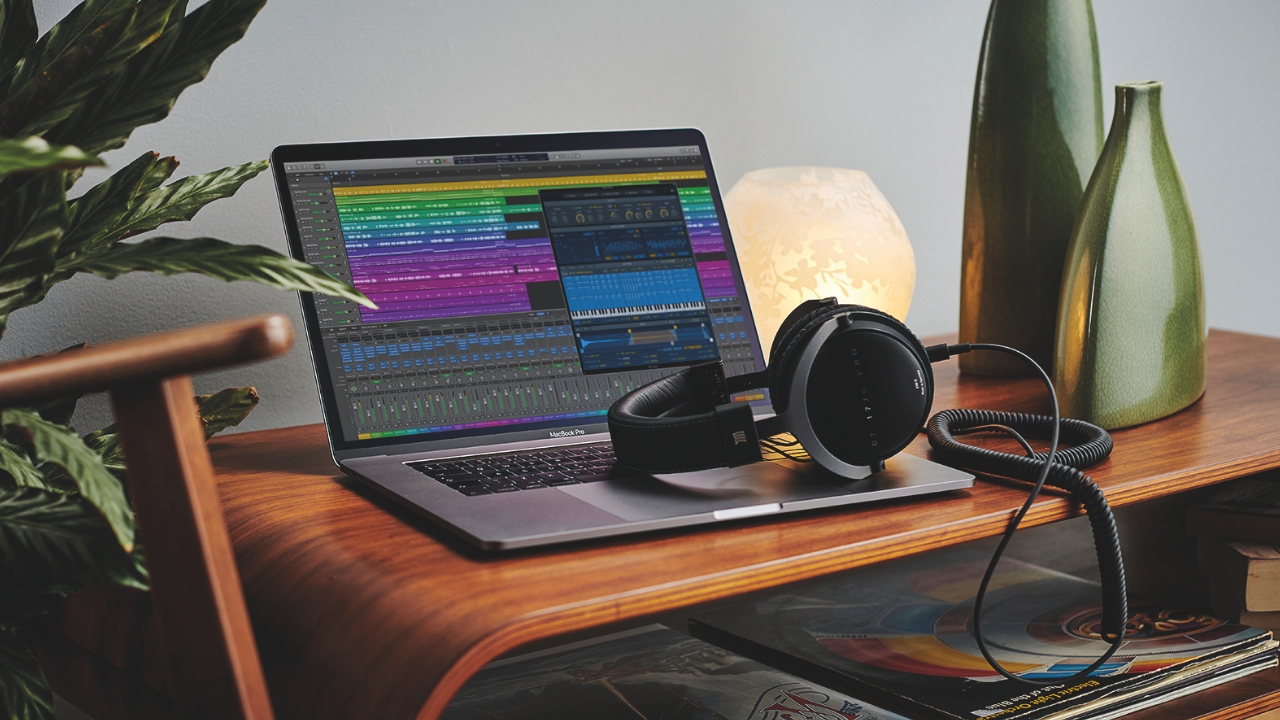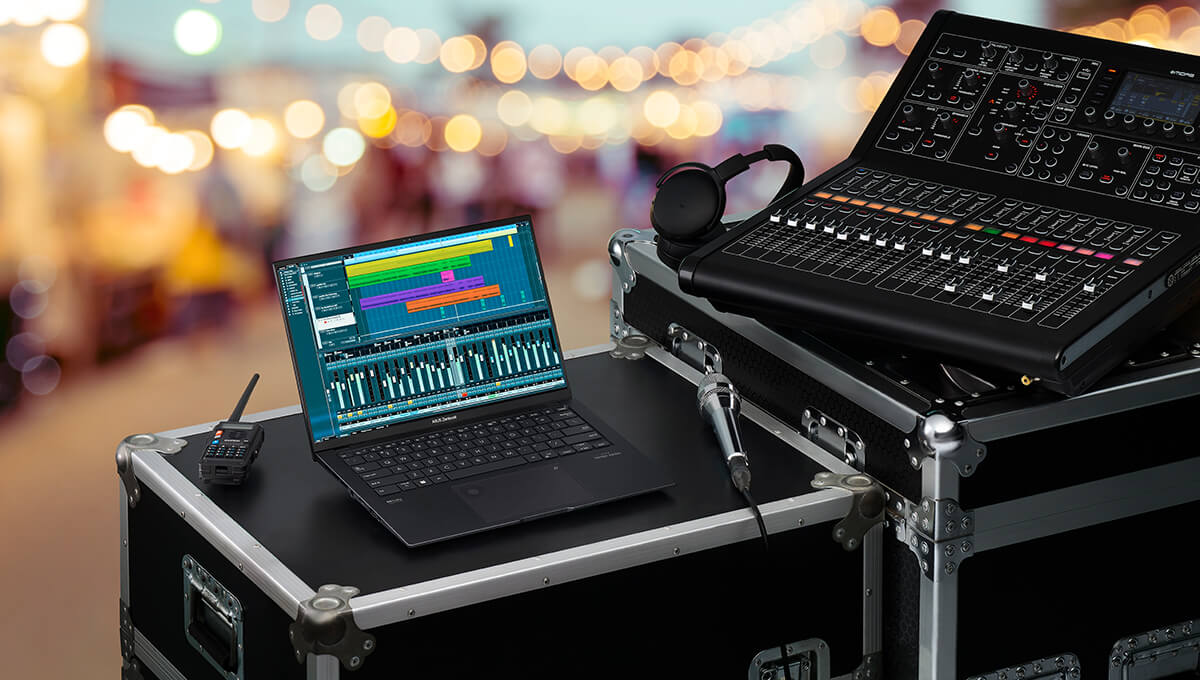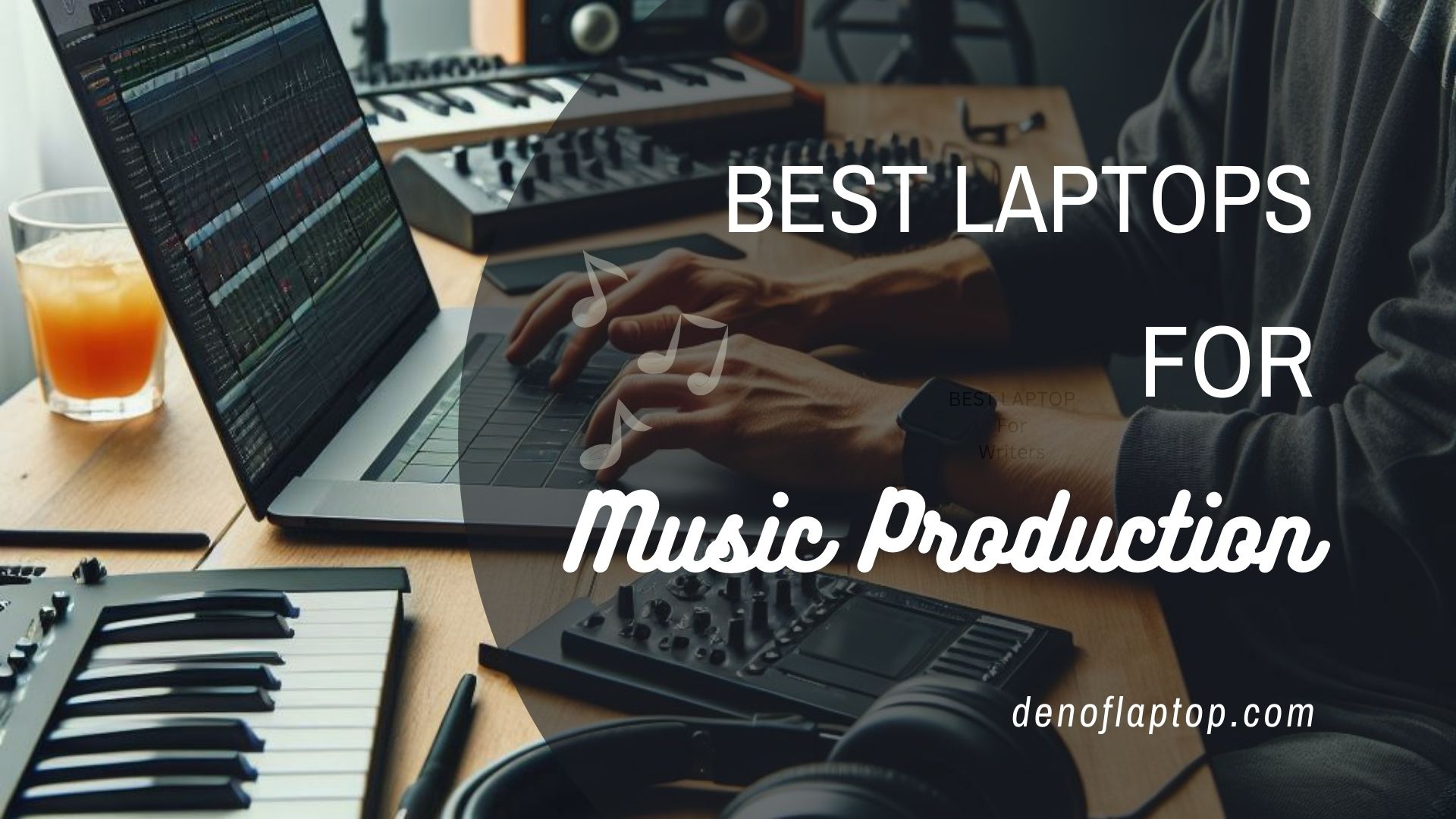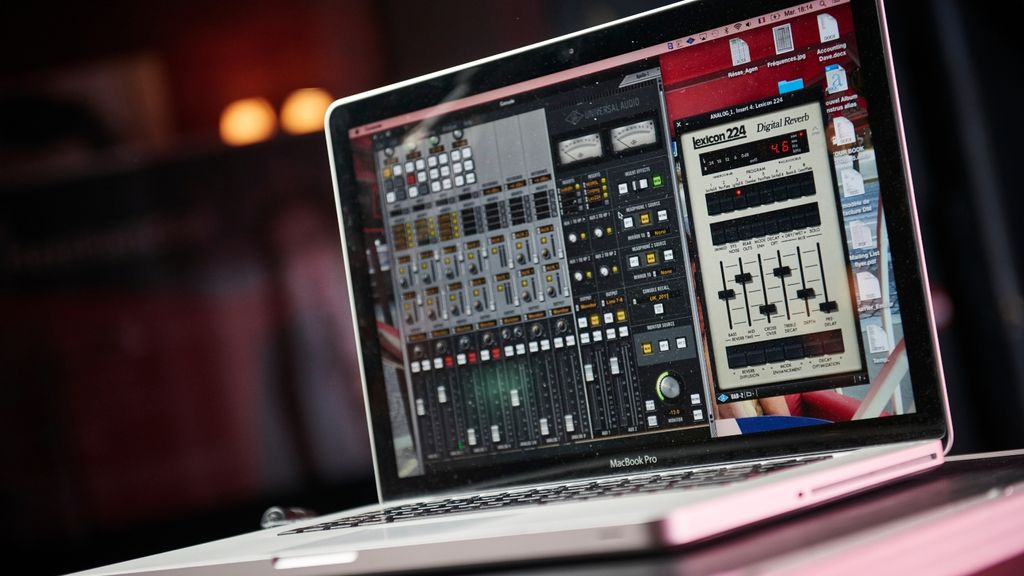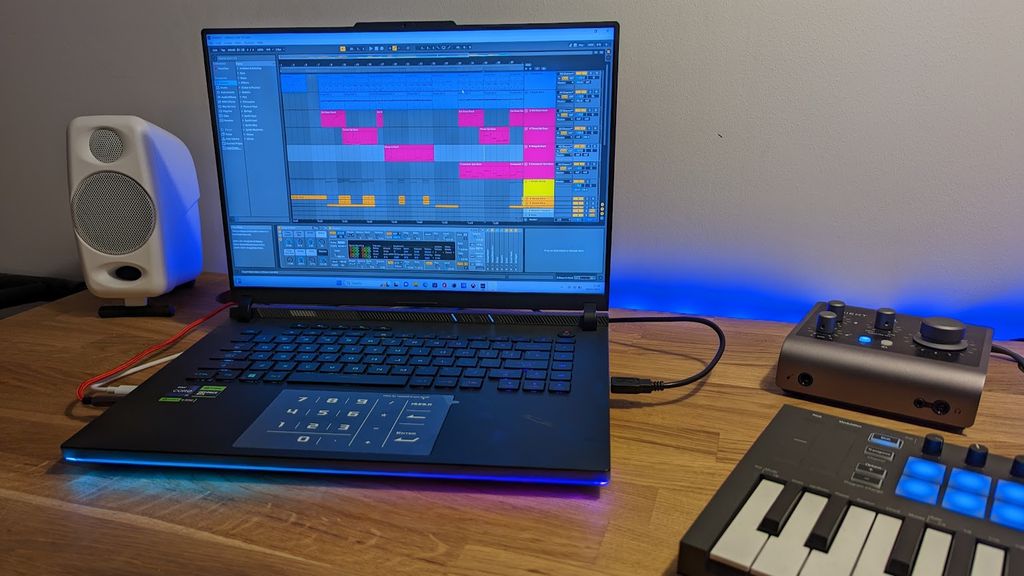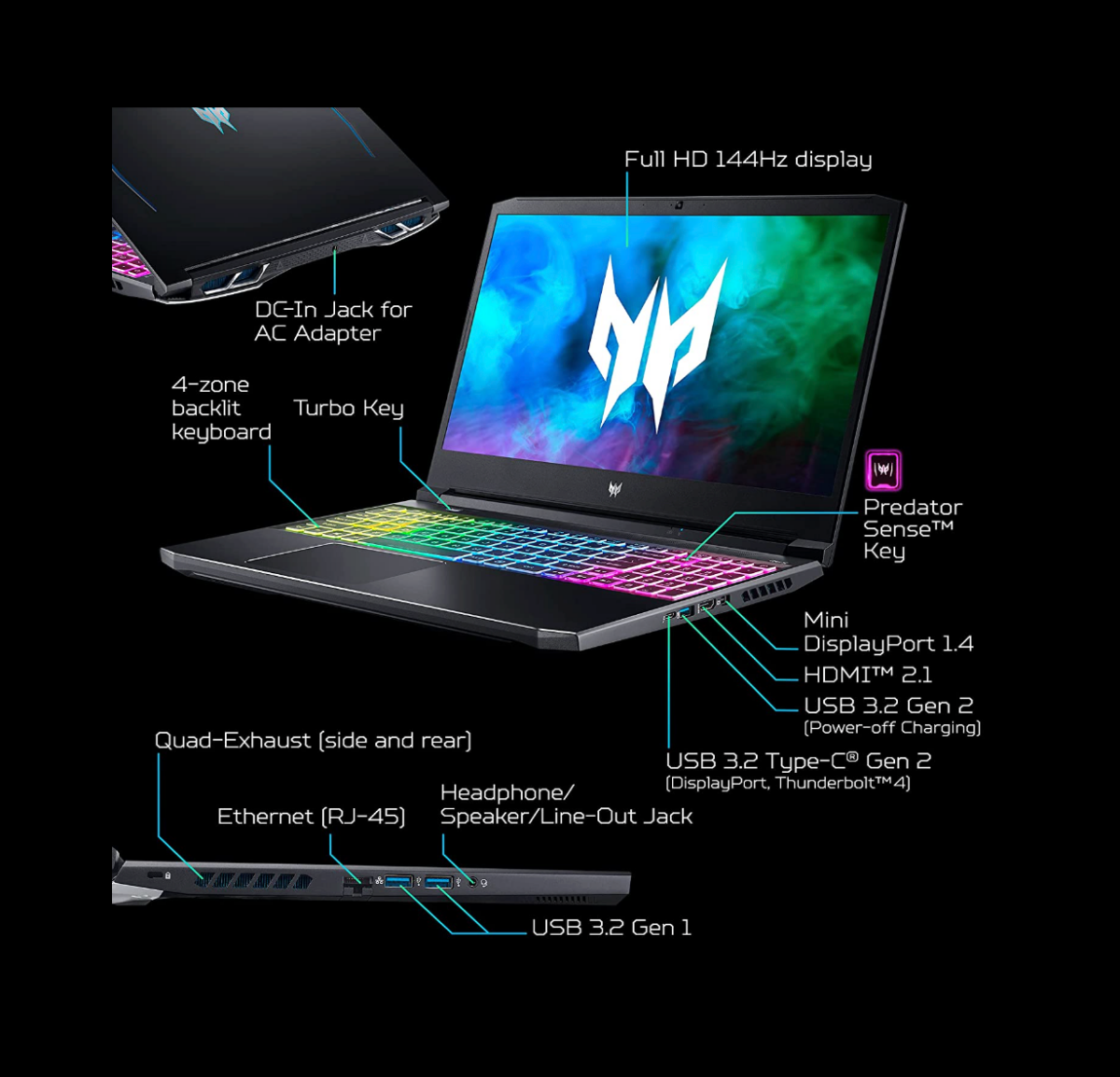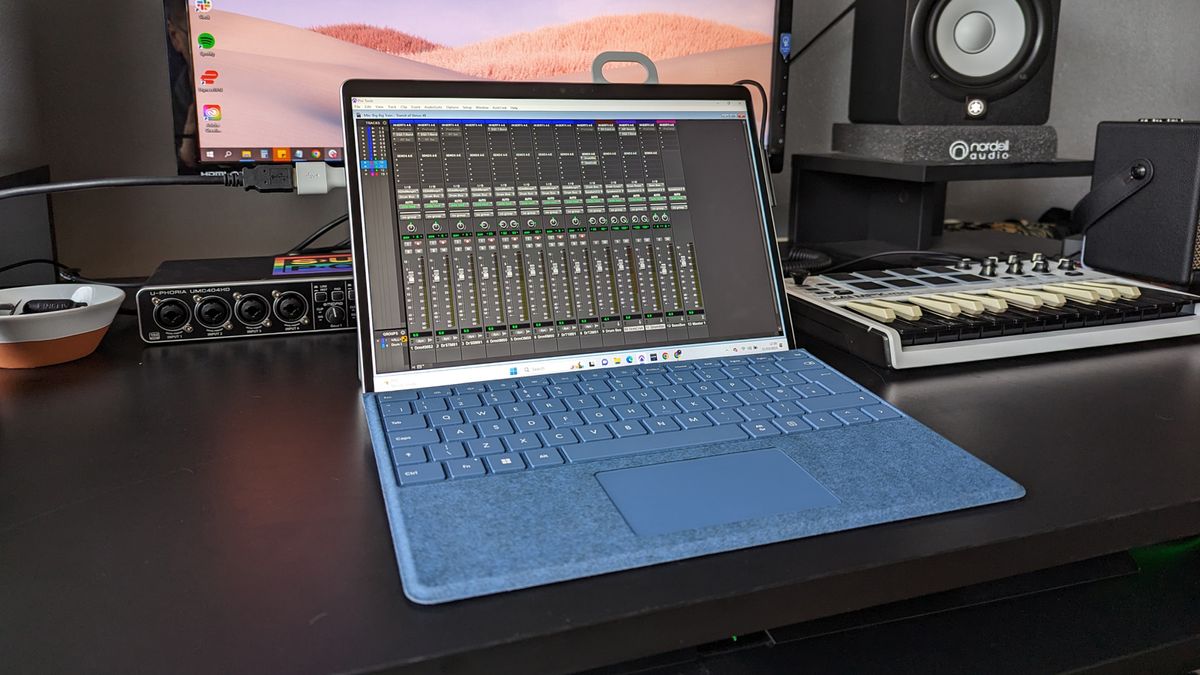Best Laptops For Music Production Under $300
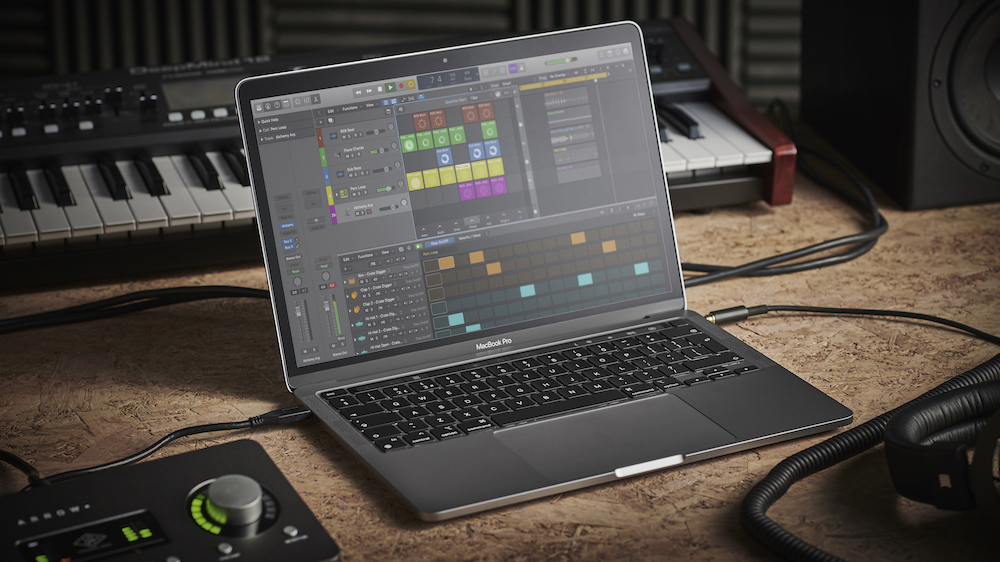
Aspiring musicians and producers often face a significant hurdle: the cost of entry. High-end equipment can be prohibitively expensive, leaving many to believe that quality music production is out of reach. This article is dedicated to value-conscious shoppers seeking the best laptops for music production under $300.
We'll explore whether it's truly possible to find a capable machine at this price point, examining the necessary compromises and highlighting models that offer the best bang for your buck. Our analysis will focus on practical considerations, performance metrics, and real-world usability, aiming to equip you with the knowledge to make an informed decision.
Can You Really Produce Music on a $300 Laptop?
The short answer is yes, but with significant caveats. Demanding software like Ableton Live or Logic Pro X requires considerable processing power. A $300 laptop won't rival a high-end workstation, but it can be suitable for basic tasks.
Think of it as a starting point: ideal for sketching out ideas, creating simple loops, or practicing your mixing skills with less demanding projects. Refrain from resource-intensive activities, such as using a multitude of virtual instruments or complex audio effects.
Shortlist: Best Laptops Under $300 for Music Production
Here's a selection of laptops that, while not powerhouses, offer the best chance for music production within the specified budget:
- Used Chromebooks (with Linux support): Often available in good condition, offering surprisingly capable performance with lightweight Linux-based DAWs.
- Refurbished Windows Laptops (with Celeron/Pentium processors): Can handle basic tasks with careful resource management.
- Budget-Friendly New Laptops (Avoid if possible): Some new laptops hover around the $300 mark, but they often come with significant compromises in performance and build quality.
Detailed Reviews
Used Chromebooks (with Linux Support)
Many Chromebooks can run Linux, opening up a world of free and lightweight DAWs like LMMS or Ardour. Look for models with at least 4GB of RAM and a decent processor, such as an Intel Celeron or Pentium.
The Chrome OS is lightweight and efficient, leaving more resources for your music software. Be mindful of storage space, as Chromebooks often come with limited internal storage.
Pros: Affordable, lightweight, good battery life, can run Linux DAWs. Cons: Limited storage, may require some technical know-how to set up Linux.
Refurbished Windows Laptops (with Celeron/Pentium processors)
The refurbished market can be a goldmine for budget-conscious buyers. Older Windows laptops with Intel Celeron or Pentium processors can be found for under $300.
Ensure that the laptop has at least 4GB of RAM and a reasonably sized hard drive (at least 128GB SSD is recommended). A fresh installation of Windows can help improve performance by removing unnecessary bloatware.
Pros: Familiar Windows environment, potentially more powerful than Chromebooks, larger storage capacity. Cons: May be bulky, battery life can be unpredictable, potential reliability issues.
Budget-Friendly New Laptops
While tempting, new laptops in this price range often compromise significantly on performance and build quality. They often ship with low-end processors and minimal RAM.
Consider these laptops only as a last resort. If you opt for a new laptop, prioritize models with at least 4GB of RAM and an SSD, even if it's a small one.
Pros: New and under warranty. Cons: Low performance, poor build quality, potentially short lifespan.
Side-by-Side Specs Table and Performance Scores (Estimated)
| Laptop Type | Processor | RAM | Storage | DAW Compatibility | Performance Score (1-5, 5 is best) |
|---|---|---|---|---|---|
| Used Chromebook (Linux) | Intel Celeron/Pentium | 4GB | 32GB-64GB eMMC | LMMS, Ardour | 3 |
| Refurbished Windows Laptop | Intel Celeron/Pentium | 4GB | 128GB SSD (Recommended) | Reaper, Cakewalk (Free) | 3.5 |
| Budget-Friendly New Laptop | Intel Celeron/Pentium | 4GB | 64GB eMMC/SSD | Limited | 2 |
Note: Performance scores are estimates based on general use for music production tasks. Actual performance may vary depending on the specific model and software used.
Practical Considerations
Beyond raw processing power, consider these factors before making a purchase.
- Operating System: Windows offers the widest compatibility with DAWs and plugins, but it can be resource-intensive. Linux provides a lightweight alternative with free DAWs. Chrome OS with Linux support offers a good balance.
- Audio Interface: The built-in sound card on a $300 laptop is unlikely to be high quality. An external audio interface is essential for recording and monitoring audio with low latency.
- Storage: An SSD is crucial for fast loading times. If your laptop comes with a small SSD, consider using an external hard drive for storing samples and projects.
- RAM: 4GB of RAM is the bare minimum. More RAM is always better, especially if you plan to use virtual instruments.
- Connectivity: USB ports are essential for connecting audio interfaces, MIDI controllers, and other peripherals.
Key Points and Summary
Producing music on a $300 laptop is possible, but it requires careful planning and realistic expectations. Refurbished Windows laptops and used Chromebooks with Linux support offer the best value for money.
Prioritize RAM, storage (preferably SSD), and a decent processor (Intel Celeron/Pentium or equivalent). Remember to factor in the cost of an external audio interface.
Consider the operating system and DAW compatibility. Don't expect to run resource-intensive software or create complex projects.
Call to Action
Ready to start your music production journey on a budget? Explore the options discussed in this article, research specific models that fit your needs, and don't hesitate to ask for advice from online communities. Making informed decisions will maximize your chance of a successful purchase.
Frequently Asked Questions (FAQ)
Q: Can I run Ableton Live on a $300 laptop?
A: Potentially, but with significant limitations. Only Ableton Lite will be a suitable option. Focus on less demanding tasks and simpler projects, using minimal plugins and virtual instruments.
Q: Is an SSD essential for music production?
A: Yes, it is highly recommended. An SSD significantly improves loading times for software, samples, and projects.
Q: What are some free DAWs I can use on a low-budget laptop?
A: LMMS (Linux, Windows), Cakewalk by BandLab (Windows), and Ardour (Linux) are excellent free options.
Q: Do I need an external audio interface?
A: Yes, a good audio interface will provide better sound quality, lower latency, and essential features like balanced outputs and microphone preamps.
Q: Can I upgrade the RAM or storage on a $300 laptop?
A: It depends on the specific model. Some laptops allow for RAM and storage upgrades, while others do not. Research the upgradeability of the laptop before buying.
